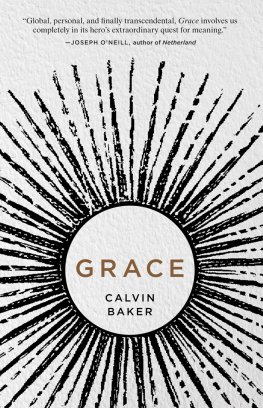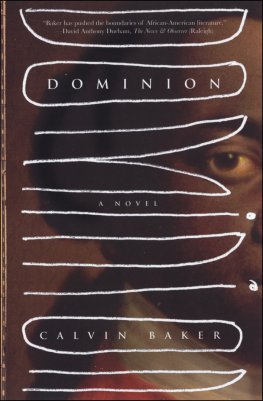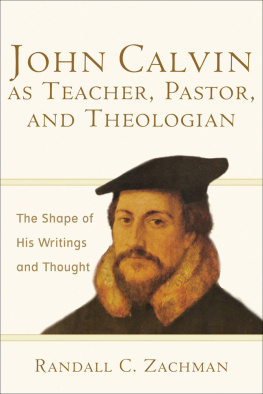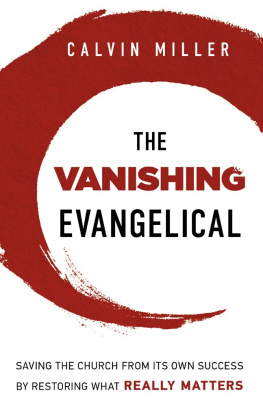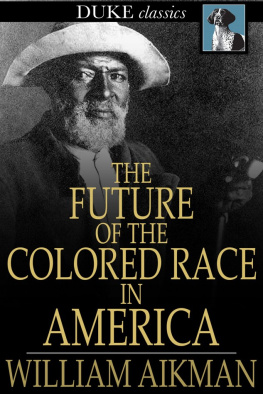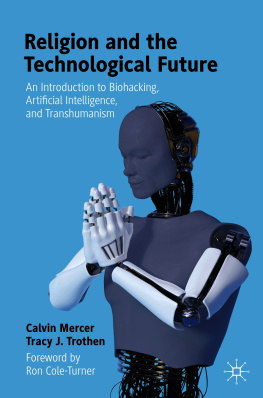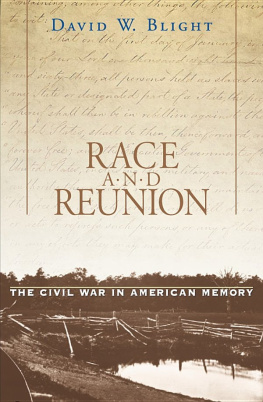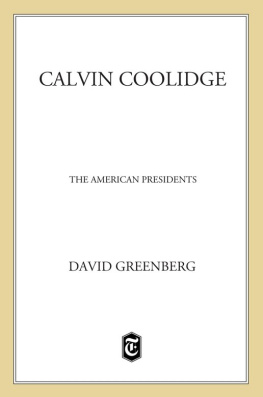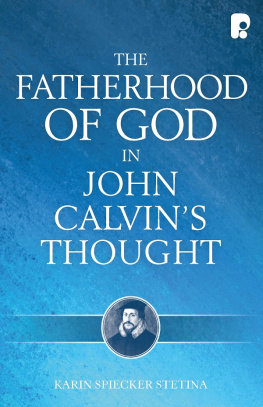Calvin Baker - A More Perfect Reunion: Race, Integration, and the Future of America
Here you can read online Calvin Baker - A More Perfect Reunion: Race, Integration, and the Future of America full text of the book (entire story) in english for free. Download pdf and epub, get meaning, cover and reviews about this ebook. year: 2020, publisher: PublicAffairs, genre: Politics. Description of the work, (preface) as well as reviews are available. Best literature library LitArk.com created for fans of good reading and offers a wide selection of genres:
Romance novel
Science fiction
Adventure
Detective
Science
History
Home and family
Prose
Art
Politics
Computer
Non-fiction
Religion
Business
Children
Humor
Choose a favorite category and find really read worthwhile books. Enjoy immersion in the world of imagination, feel the emotions of the characters or learn something new for yourself, make an fascinating discovery.

- Book:A More Perfect Reunion: Race, Integration, and the Future of America
- Author:
- Publisher:PublicAffairs
- Genre:
- Year:2020
- Rating:5 / 5
- Favourites:Add to favourites
- Your mark:
- 100
- 1
- 2
- 3
- 4
- 5
A More Perfect Reunion: Race, Integration, and the Future of America: summary, description and annotation
We offer to read an annotation, description, summary or preface (depends on what the author of the book "A More Perfect Reunion: Race, Integration, and the Future of America" wrote himself). If you haven't found the necessary information about the book — write in the comments, we will try to find it.
A More Perfect Reunion: Race, Integration, and the Future of America — read online for free the complete book (whole text) full work
Below is the text of the book, divided by pages. System saving the place of the last page read, allows you to conveniently read the book "A More Perfect Reunion: Race, Integration, and the Future of America" online for free, without having to search again every time where you left off. Put a bookmark, and you can go to the page where you finished reading at any time.
Font size:
Interval:
Bookmark:
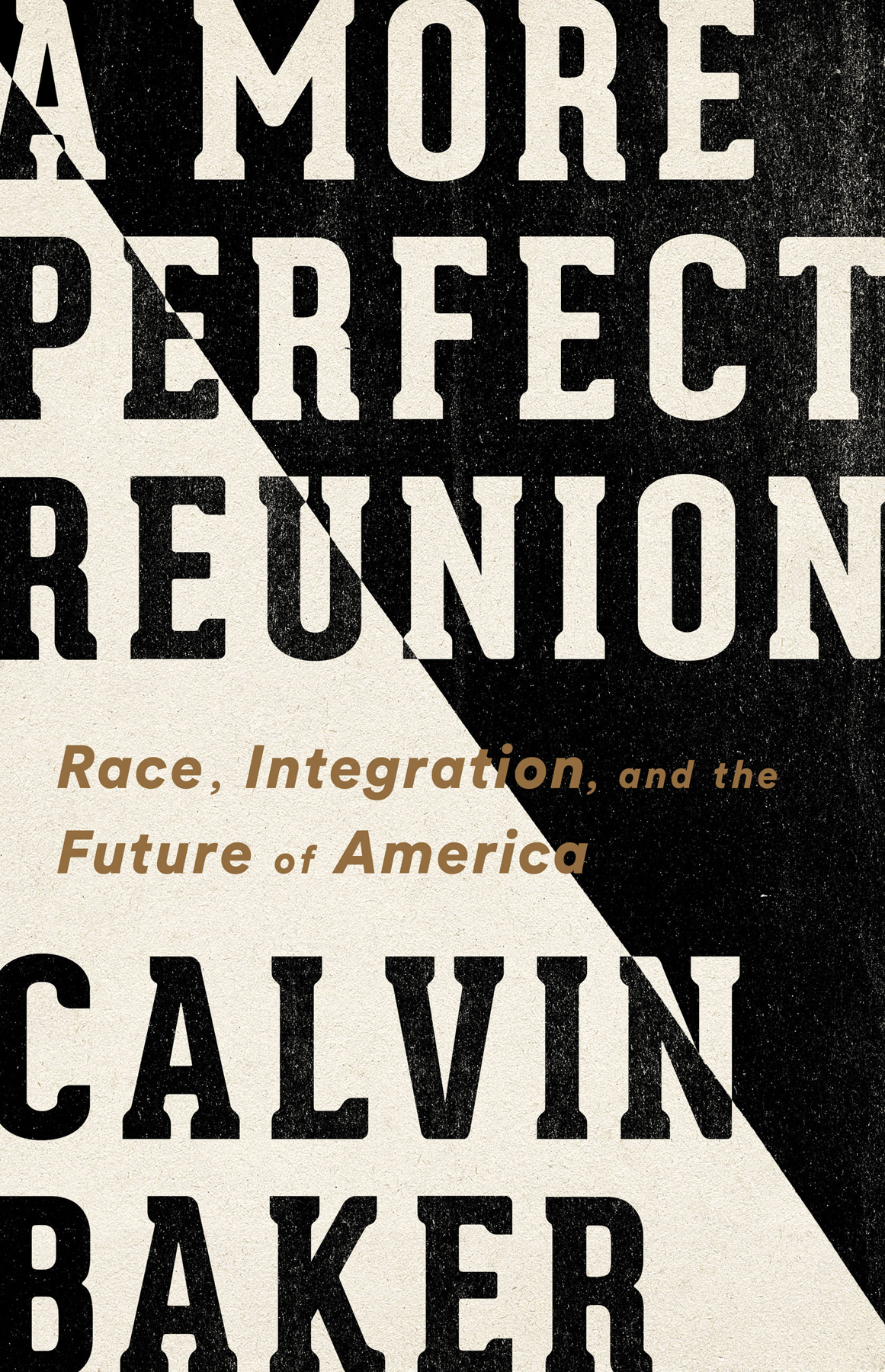
Copyright 2020 by Calvin Baker
Cover design by Pete Garceau
Cover copyright 2020 by Hachette Book Group, Inc.
Hachette Book Group supports the right to free expression and the value of copyright. The purpose of copyright is to encourage writers and artists to produce the creative works that enrich our culture.
The scanning, uploading, and distribution of this book without permission is a theft of the authors intellectual property. If you would like permission to use material from the book (other than for review purposes), please contact permissions@hbgusa.com. Thank you for your support of the authors rights.
Bold Type Books
116 East 16th Street, 8th Floor, New York, NY 10003
www.boldtypebooks.org
@BoldTypeBooks
First Edition: June 2020
Published by Bold Type Books, an imprint of Perseus Books, LLC, a subsidiary of Hachette Book Group, Inc. Bold Type Books is a co-publishing venture of the Type Media Center and Perseus Books.
The Hachette Speakers Bureau provides a wide range of authors for speaking events. To find out more, go to www.hachettespeakersbureau.com or call (866) 376-6591.
The publisher is not responsible for websites (or their content) that are not owned by the publisher.
Library of Congress Cataloging-in-Publication Data
Names: Baker, Calvin, 1972 author.
Title: A more perfect reunion: race, integration, and the future of America / Calvin Baker.
Other titles: Race, integration, and the future of America
Description: First edition. | New York, NY : Bold Type Books, 2020. |
Includes bibliographical references and index.
Identif iers: LCCN 2019058186 | ISBN 9781568589237 (hardcover) | ISBN9781568589220 (e-book)
Subjects: LCSH: United StatesRace relationsHistory. | RacismUnited StatesHistory. | African AmericansCivil rightsHistory. | Social IntegrationUnited States.
Classification: LCC E185.615 .B268 2020 | DDC 305.800973dc23
LC record available at https://lccn.loc.gov/2019058186
ISBNs: 978-1-56858-923-7 (hardcover), 978-1-56858-922-0 (e-book)
E3-20200522-JV-NF-ORI
Grace
Dominion
Once Two Heroes
Naming the New World
Now let us, by a flight of imagination, suppose that Rome is not a human habitation but a psychical entity in which nothing that has once come into existence will have passed away and all the earlier phases of development continue to exist alongside the latest one.
Sigmund Freud, Civilization and Its Discontents
Y oure the first extranjero who has ever been in my home, he said. Maybe he meant foreigner; maybe he meant stranger. I wasnt sure. It was late in the evening and I didnt ask him to clarify. We were in the living room of a one-story cinder-block building, a brick-by-brick undertaking still taking shape. The kind of house you build yourselfas circumstances dictateaccording to your courage of imagination to meet them. It was my final night on the island, near the southern coast of Mexico, between Cancer and the Equator. It was five hours by rough roads to the nearest city and two hours from the market town, where people from the smaller villages went to find provisions: hardware, appliances, an honest agent to broker what affairs they might have with the larger world. I had arrived there largely by chance, in search of a quality of solitude vanishingly rare.
There were only a few hundred families on the island, mostly fisherfolk who had moved in after the logging companies stripped the area of hardwood and left behind the road they had constructed to transport the timber to market, which went by way of the sea. They said that before Corts arrived, there was an older habitation there, but only a few traces remained, turning up only when someone was digging deep to lay the foundation of a new building.
His wife had taught me some words in Mayan, and their preteen children wanted to know if Id seen an outlandish Hollywood movie whose protagonist shared my name. We were all in stitches as they recounted the plot. Besides that, our conversation was about history, land rights, property values, and climate. It was a conversation that might be had anywhere, especially between Alaska and Tierra del Fuego: property, laws, value, policy, culture, change. All of these were flowing, perhaps more in one direction than the other. Nothing about any of it felt remarkable except the prelapsarian beauty of the island and neighbors who greeted even a stranger on roads where one might walk a mile without seeing anyone. But I have spent a lot of time walking around talking to people the powerful never listen to. We were speaking Castilian, a lingua franca with a local inflection, which was neither of our mother tongues. We live, after all, in an age of global humanity.
Far from being a new phenomenon, the current historical epoch began across the Atlantic world in the fifteenth century, when Europe reemerged from the isolation of the Dark Ages, reencountered her neighbors in Afro-Eurasia, and soon ventured to the Americas on the same trade winds.
We are only too familiar with the accidents, massacres, and tragedies that later unfolded, but the ability to travel great distances also sparked the modern global movement of people that has increased exponentially in the ensuing years. However one may feel about it, at some unseen inflection point we crossed the event horizon, and this process became irreversible. We will never again be anything other than a global species.
Before the Portuguese reached the River Senegal, before Marco Polo met Kublai Khan, from the very beginning of anatomically modern humans 300,000 years ago, and even earlier, people were already on the move. First, we traveled from East Africa across the continent, then, 70,000 years ago, journeyed eastward into Asia. Forty thousand years ago, according to current consensus, humans ventured west into Europe and finally, 15,000 years ago, populated the Americas.
Africa, Europe, and Asia occupy a single landmass, of course, a fact we often overlook. At various points in geological time, America was also connected. Those early hunter-gatherers were following the herds in search of resources, as were the farmers who spread from the Tigris-Euphrates Valley. So too were the early Portuguese, who wanted to circumvent Muslim control of the trans-Saharan trade routes in search of gold. It wasnt this simple, naturally. History is sometimes an arrow, sometimes a wave. But it seems that human nature and the shape of the globe mean we were, one way or another, fated to meet again.
More recently, as colonialism was felled and democracy spread after World War II, this migration shifted from the periphery of empires to metropolitan centers, as people sought relief from collapsing economic systems based on exploitation. In our own time, as centers of power and capital continue to shift, this movement has multiplied across the entire world. People now relocate for economic, environmental, political, educational, familial, and purely personal reasons, at a pace and scale that make this movement a central fact of contemporary life. It is also a fact that threatens and overwhelms traditional societies and eighteenth-century ethno-national ideas of states.
I am glossing over a great deal, but the tension between global humanity and ethno-nationalism, along with its fraternal twin, race, seems to me the fundamental backdrop against which current events are unfolding. This owes in large degree to the fact that for most people race, a flawed, antiquated explanation for the physical differences among people, codified in the eighteenth century, remains in this century the central totem of the self. Certainly, to speak of things I know best, this is true in my own country, which so often proclaims itself the light of the world. It does not matter that the alleged science behind race has long since been proven as erroneous as a flat Earth; it long ago became a foundational myth of who we are, taught early and reinforced often. In the United States race is, even more than national tribe, a useful fiction to explain to us who we are and how we are oriented toward the world. As such, it is less a valid idea than an organizing belief. In this case a form of magical thinking impervious to fact but ever threatened by truth.
Font size:
Interval:
Bookmark:
Similar books «A More Perfect Reunion: Race, Integration, and the Future of America»
Look at similar books to A More Perfect Reunion: Race, Integration, and the Future of America. We have selected literature similar in name and meaning in the hope of providing readers with more options to find new, interesting, not yet read works.
Discussion, reviews of the book A More Perfect Reunion: Race, Integration, and the Future of America and just readers' own opinions. Leave your comments, write what you think about the work, its meaning or the main characters. Specify what exactly you liked and what you didn't like, and why you think so.

